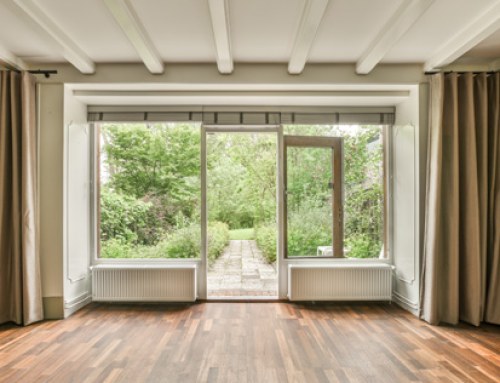The recent changes in interest rates have prompted us to look at buying versus renting. The short term and long term need to be examined to see the full picture. The answer to the question is, it really depends on your situation, keep reading to find out why!
Pros of buying a house:
Equity: The most obvious pro to buying a home is that you build equity. With every mortgage payment you make, a portion of it goes to equity. There are many mortgage products that allow you to borrow against your mortgage too. This makes your equity act like a giant piggy bank and is a way to have forced savings which will benefit you in the long term.
Stability: When you are locked into an interest rate you know what your payments will be every month and when you will have to renew. You won’t be blindsided by a sudden increase that you weren’t budgeting for. You always know when your term is up, and you will have to renew. (That is if you go with a fixed interest rate).
Control: It’s your house, you can do what you want. Would you like to paint your primary bedroom bright pink? Go for it. If you plan on doing significant upgrading though, make sure you investigate when a permit will be necessary.
Cons of buying a house:
High upfront costs: Initial costs can seem overwhelming: down payments, closing costs, lawyers, movers and more. For an in-depth overview of these costs: Costs Beyond the Purchase Price – Real Collective
You are not mobile: If you get a job somewhere else, you don’t have the ability to drop and go. You are essentially attached to that place for a good period. If the market goes down and you must sell, then you are forced to sell it at a loss which is never attractive.
Maintenance: You are responsible for all the maintenance involved with owning a home. Mowing the lawn, shoveling, landscaping, appliances that break down, windows that need to be replaced and more. If you own a condo, some of these most likely would be included with your monthly fees.
Growth: Your investment in property could be slow in terms of equity growth.
Pros of Renting a House:
Flexibility: Renting a home means you can pick up and move much easier. A job opportunity in another country would be no problem.
Cheaper upfront costs: Your monthly costs would typically be less, and cash flow would be better. If you operate month to month then this would look more attractive.
Less maintenance: You are responsible for less. At times you may have to do some shoveling or mowing at a rental but most of the time the responsibility is way less onerous than owning a home. Landlords are generally responsible for most of the upkeep.
Cons of Renting a House:
Less stability: Your rent could rise annually, or you could be forced to leave if the landlord needs to sell. Sometimes it is difficult to find a new place in a shorter time which can be daunting.
Not all landlords are created equal: While there are some excellent landlords out there, there are also some that are not the best. Those landlords tend not to maintain the property how you would like it kept up and fixing the property could be delayed or not happen at all. Although it is their responsibility to do the upkeep, getting it to happen could be extremely cumbersome.
The Big Picture
When you look at overall net worth, homeowners have a 40-time net worth more than renters (on average). Although home ownership can feel like a sacrifice month to month and can be hard for the first year or two to figure it out, you will eventually reach a higher flexibility level in your life and an overall higher net worth if that’s important to you.
To see how the numbers break down, check out our case study in Season 4, Episode 10 of the Real Collective podcast. For other valuable real estate related tips, you can check out the REAL Collective Podcast on iTunes, Spotify or YouTube.





